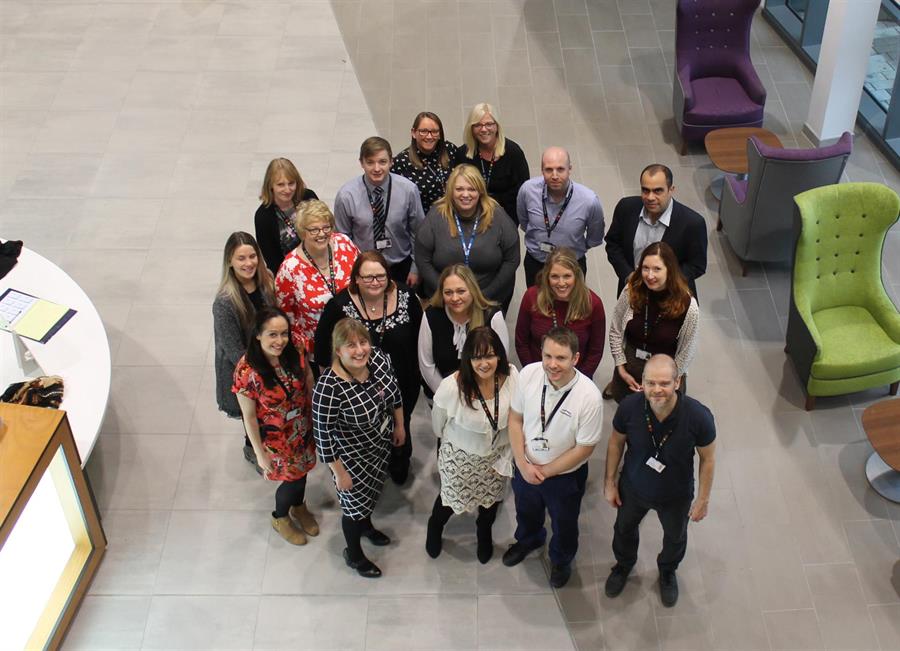What happens on a Pain Management Programme?

We offer the following pain management programmes (PMPs):
- 5 day PMP (in both face to face and online formats)
- 15 day PMP
- Young Adults PMP
- Older adults PMP
- Facial PMP
- Pelvic PMP
All our programmes are group based, so people attending a programme will meet other people with similar difficulties. For some people the prospect of being in a group can seem quite daunting. However, despite these initial worries, most people find that being with other people who share similar difficulties is a really rewarding experience.
Physiotherapy sessions
Our physiotherapists help people living with chronic pain understand how to exercise appropriately - this is key to improving physical and mental well-being. You will be supported throughout without the need for hands on therapy. Some people have worries about exercise and movement, but our physiotherapists will be able to give you the confidence to gradually establish and increase your own levels of activity and exercise. This leads to an improved physical condition and a better quality of life. For further information about the physiotherapy sessions see the patient resources page.
Clinical Psychology sessions
Our team of clinical psychologists help individuals explore the impact of chronic pain on thoughts, feelings and behaviours, which can make it difficult for people to adjust to a life with pain. People who come on our programmes may face difficulties such as low mood, anxiety, anger, guilt, loss of identity and relationship difficulties. Our groups provide a safe space to make sense of these difficulties and offer practical techniques and coping strategies to help overcome them.
Occupational Therapy sessions
Our team of occupational therapists support people living with chronic pain, to manage their day to day activities. Our aim is to enable people to return to activities that are meaningful to them. These may include; personal care, household tasks, leisure, work or volunteer work and social activities. Occupational therapy sessions focus on setting personal goals, learning pacing and activity management skills, communication, mindfulness and information on balanced lifestyles. There is a strong focus on making and maintaining change.
Specialist Pain Consultant sessions
We all associate pain with damage or disease; a reason to see the doctor. Our specialist pain consultants explore how chronic pain can develop and continue in the long-term. People who attend our pain management programmes say that understanding some of these mechanisms has helped them come to terms with their own chronic pain. Medications can be helpful, and on our Pain Management Programmes we aim to highlight how they work, and how best to use them. They are often considered as ‘one tool in the box’ alongside the many skills that can be developed individually to manage long-term pain.
Friends and family session
On some of our PMPs we ask patients to invite a friend or family member to attend a session on the programme. The friends and family session helps promote a shared understanding of the nature of the PMP itself, and, through this shared understanding, helps PMP patients implement positive changes and coping strategies in the long term. The session explores issues such as the nature of chronic pain itself, the wider impact of pain, and positive communication strategies.
Pain Management Programme volunteers
The Pain Management Programme is supported by a team of volunteers who are coordinated by Alan Pendleton MBE. Many of our volunteers have completed the programme themselves. Alan is also founder and Chairman of the local chronic pain support group, SMILE which has helped many of our patients to manage their pain after they have completed the programme. SMILE run pain management groups throughout the country.
For more information please see our Q&A for patients and What are the different PMPs? pages.
Page last updated: 13 June 2023